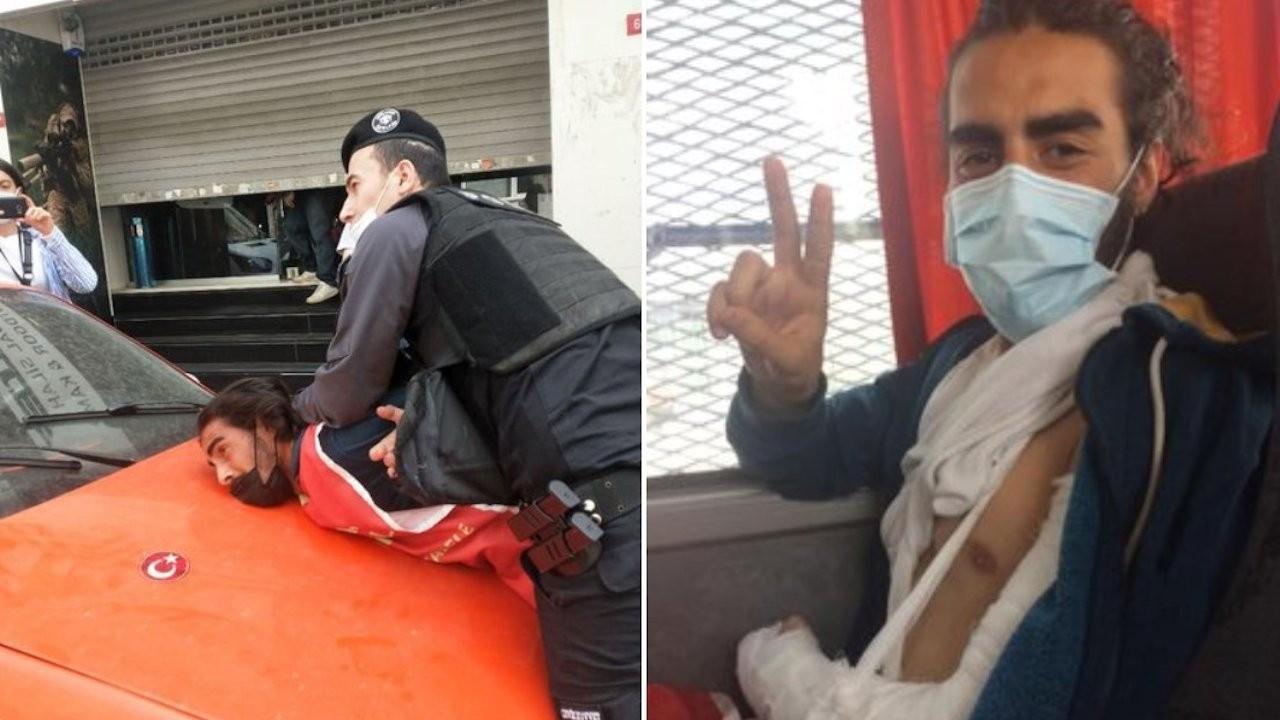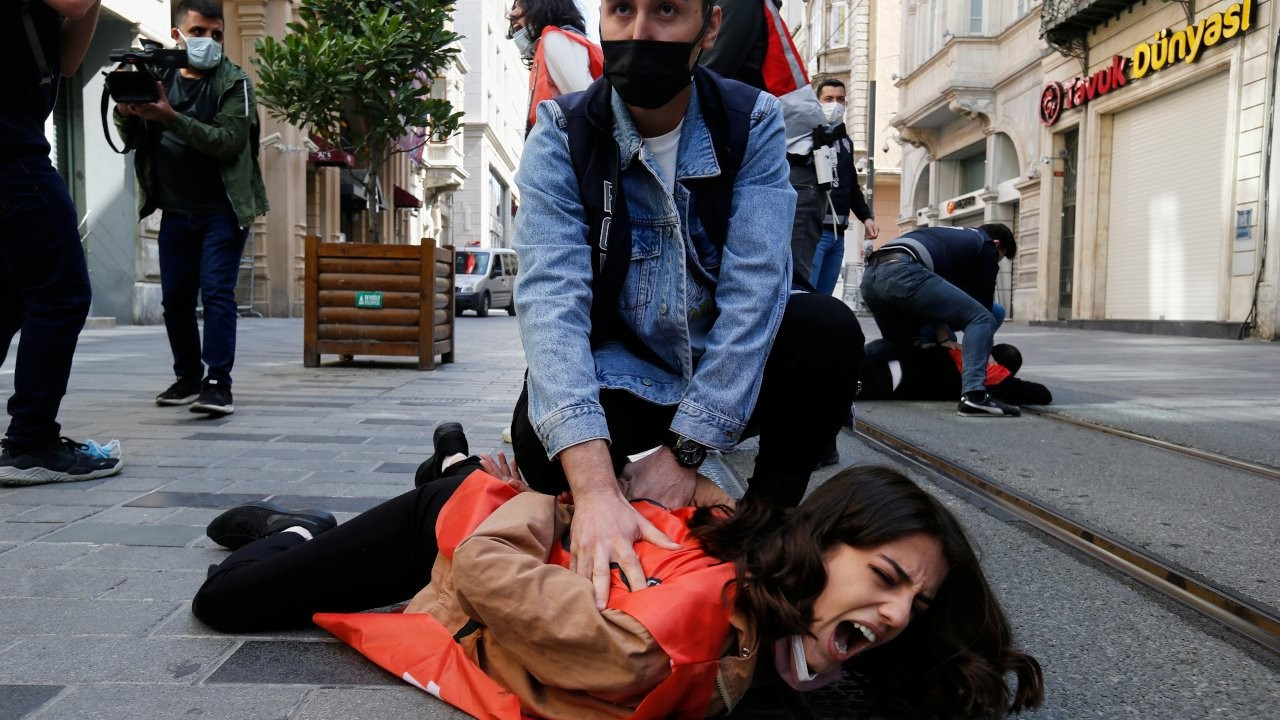Ban on filming Turkish police officers challenged in top administrative court
Turkey's main opposition CHP, as well as the Ankara and Diyarbakır Bar Associations, have each filed a lawsuit with the Council of State for the annulment of a new directive banning citizens from recording any footage of the police during protests.
Duvar English
Turkey's main opposition Republican People's Party (CHP) has filed a lawsuit with the top administrative court Council of State for the annulment of a new police circular banning all audio-visual recordings of citizens at protests, daily Evrensel on May 3.
“[This decision] violates both the right to communication and right to defend oneself. The General Directorate of Security's circular constitutes an excess of power and misuse of the police's authority,” read the petition filed by the CHP.
The petition recalled that a police officer had in 2016 broken the back of lawyer Zeycan Balcı in front of the Istanbul Çağlayan Courthouse and the identity of the police officer in question had been revealed thanks to a video recorded at the site of the protest.
The petition further touched upon the murder case of U.S. man George Floyd, saying if a citizen had not recorded Floyd's murder, the former police officer Derek Chauvin could have walked free.
The Ankara and Diyarbakır Bar Associations have also filed separate lawsuits at the Council of State, seeking the relevant police directive's annulment. The bar associations pointed out that the General Directorate of Security's move damages the rule of principle and violates citizens' right to gather evidence.
Turkish police on April 30 issued a directive banning citizens from filming them during demonstrations.
Many people pointed out that the move, circulated in a notice by Turkey's police headquarters, was unlawful and would make it more difficult to identify rights violations at demonstrations or other events where police were deployed.
The notice said personnel should not allow voice or video recording without permission "while executing their duties," because it violated personal privacy and could involve unlawfully sharing personal data.

 Turkish police told to prevent people filming them in bid to hide brutalityHuman Rights
Turkish police told to prevent people filming them in bid to hide brutalityHuman Rights Turkish police detain hundreds at lockdown May Day marchesHuman Rights
Turkish police detain hundreds at lockdown May Day marchesHuman Rights